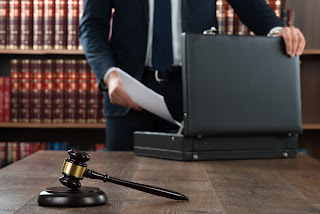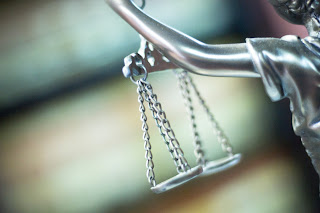How do lawyers that defended criminals feel?
The feelings and emotions experienced by lawyers who defend criminals can vary widely depending on the individual, the nature of the case, their personal beliefs, and their level of experience.
Here are some common feelings that criminals lawyers who defend might experience:
- Professional Responsibility: Many defense attorneys approach their work as a professional duty to ensure that their clients' rights are upheld and that they receive a fair trial. They might focus on the procedural aspects of the law and the importance of a robust legal system.
- Emotional Detachment: To effectively represent their clients, defense attorneys often need to detach themselves emotionally from the alleged crimes. This can sometimes lead to a sense of detachment or desensitization from the gravity of the crimes they're defending.
- Ethical Dilemmas: Defense attorneys may grapple with ethical dilemmas, especially if they suspect their client is guilty or if the crime committed is particularly heinous. Balancing the duty to provide a zealous defense with personal morals can be challenging.
- Empathy: Some defense attorneys are able to empathize with their clients, recognizing that many factors might have contributed to their clients' actions. This empathy can drive them to ensure their clients are treated fairly and with respect.
- Frustration and Disheartenment: Lawyers may become frustrated with the legal system, especially if they feel that justice isn't being served. They might also feel disheartened if they believe their efforts to provide a strong defense aren't being appreciated or understood.
- Stress and Burnout: Defending criminals can be emotionally draining due to the high stakes involved, long hours, and challenging interactions with clients who may have difficult backgrounds or personalities.
- Pride in Their Work: Successfully defending a client, especially if the odds are stacked against them, can evoke a sense of pride and accomplishment. This feeling may come from knowing they've played a crucial role in upholding the principles of justice.
- Criticism and Judgment: Defense attorneys can face criticism and judgment from society, friends, family, or even within the legal community. Some people might question why they would defend those accused of serious crimes.
- Advocacy and Empowerment: Many defense attorneys view their role as advocates for the accused, using their legal expertise to challenge the prosecution's case and protect their clients' rights. This sense of empowerment can be motivating.
- Mixed Emotions: Lawyers who defend criminals often experience a mix of conflicting emotions. They might feel simultaneously proud of their role in upholding the justice system and troubled by the crimes they are defending against.
It's important to recognize that lawyers are individuals with unique perspectives and experiences. Some may be more emotionally affected by their work than others. Additionally, feelings can change over time as lawyers gain more experience and encounter different cases.
https://docs.google.com/spreadsheets/d/1isgpx6mjlbV8nlXimkLViYvsLhd7tgelXcZsxL56qwk/edit#gid=0


Comments
Post a Comment